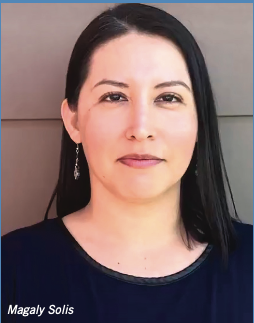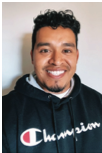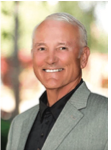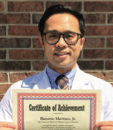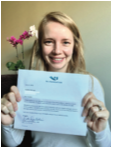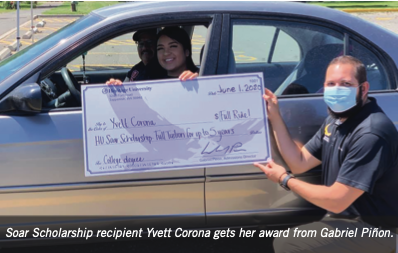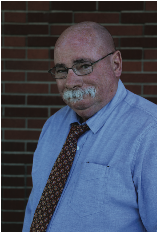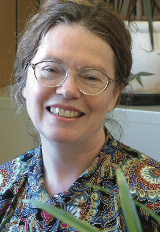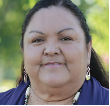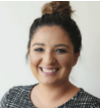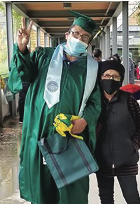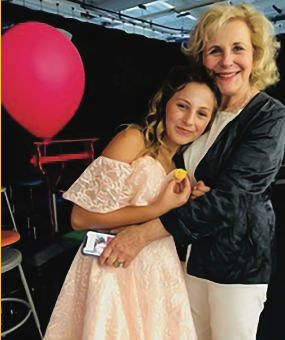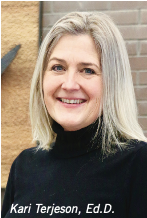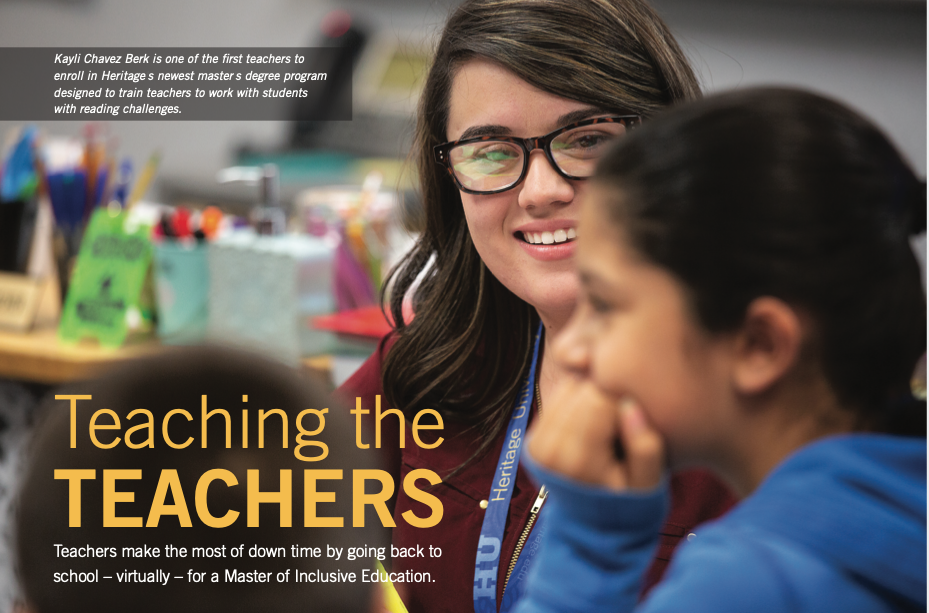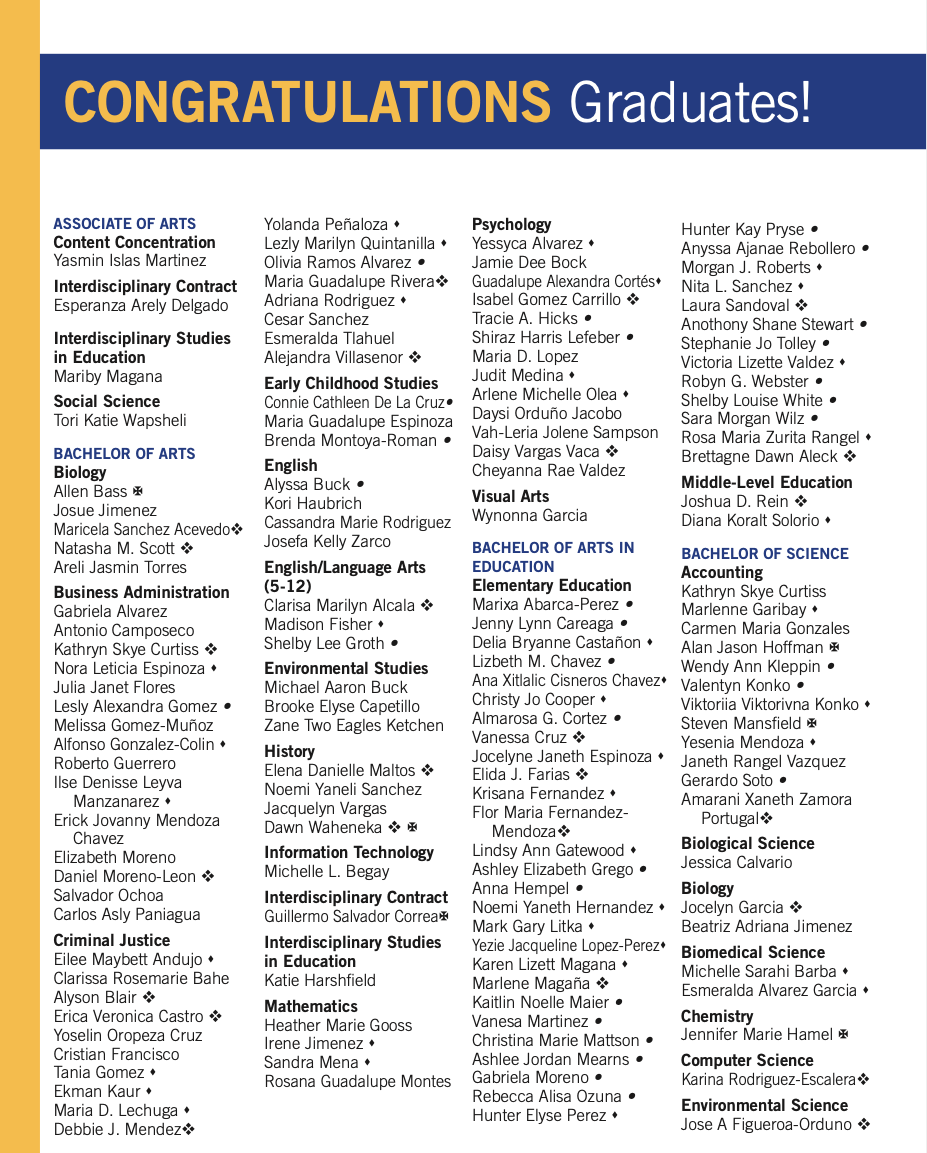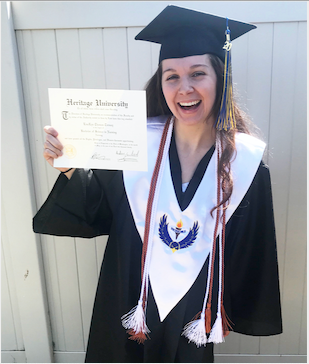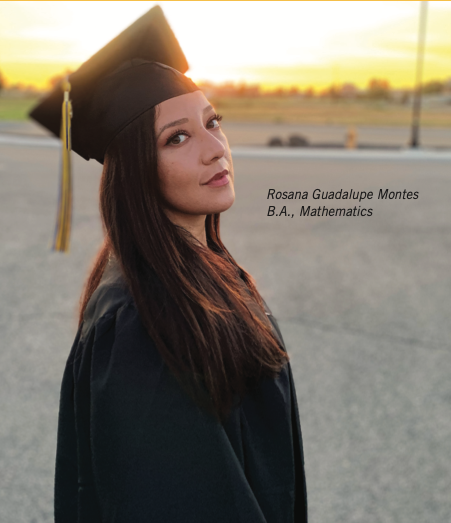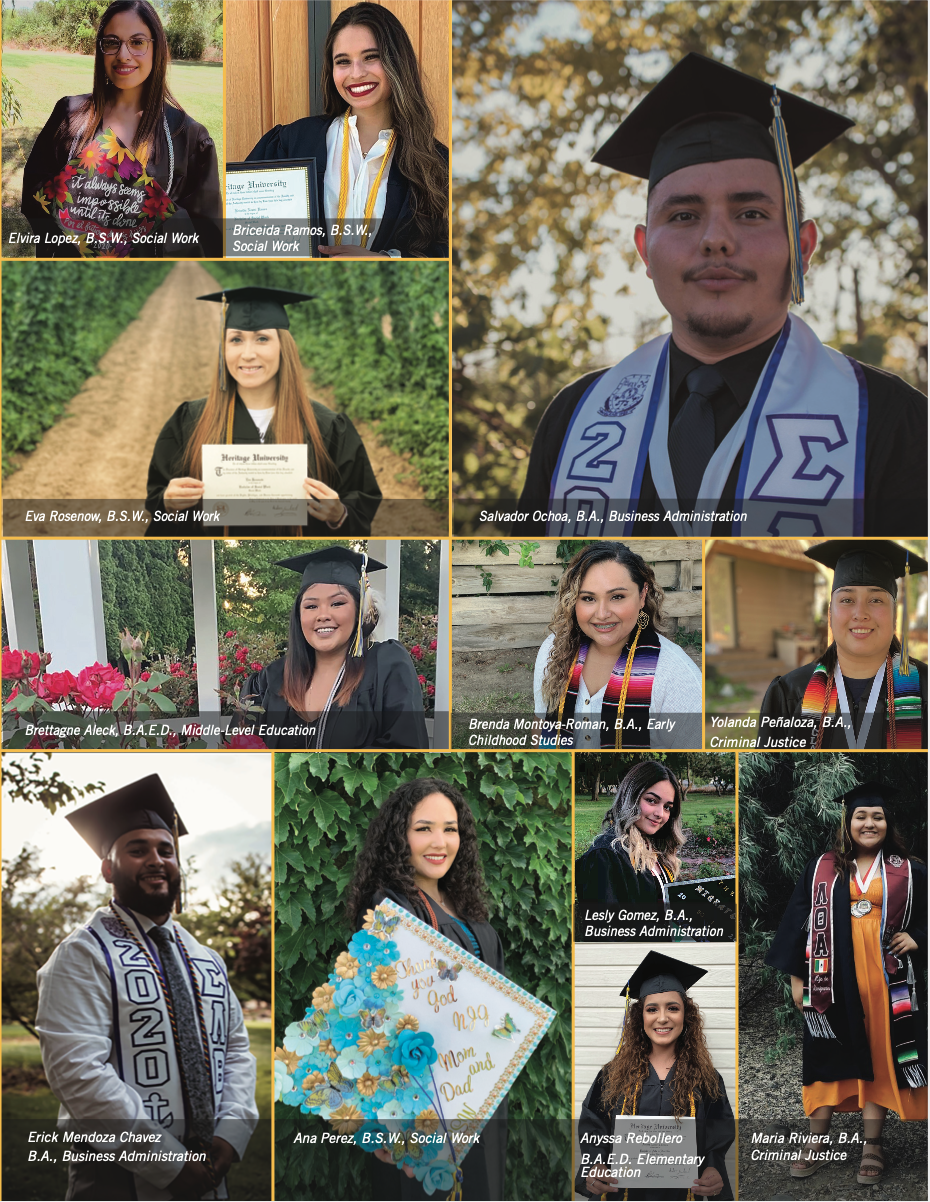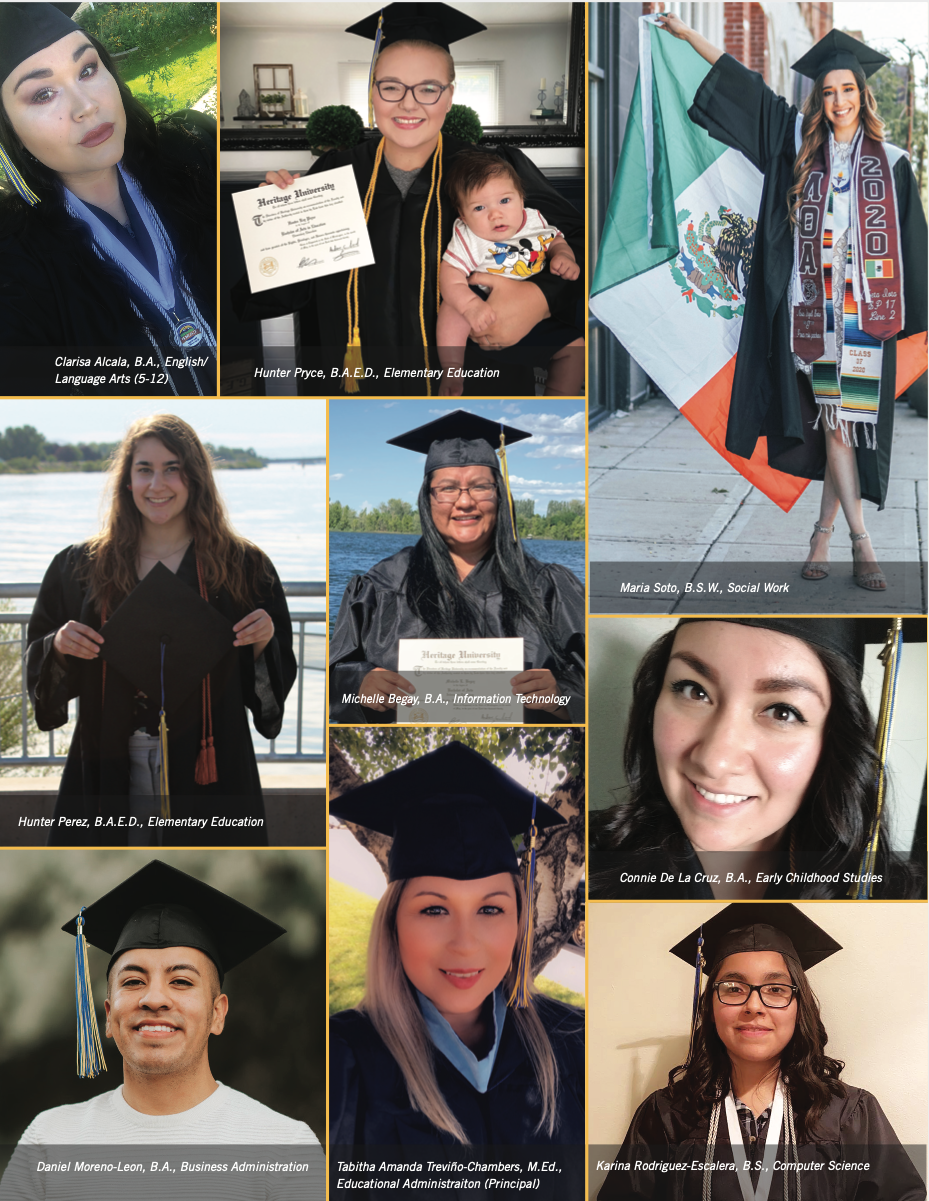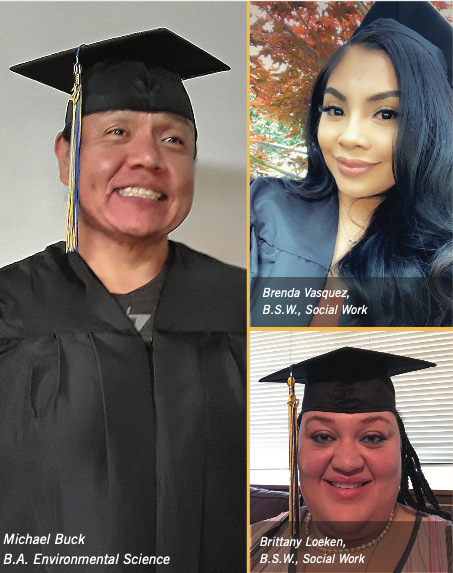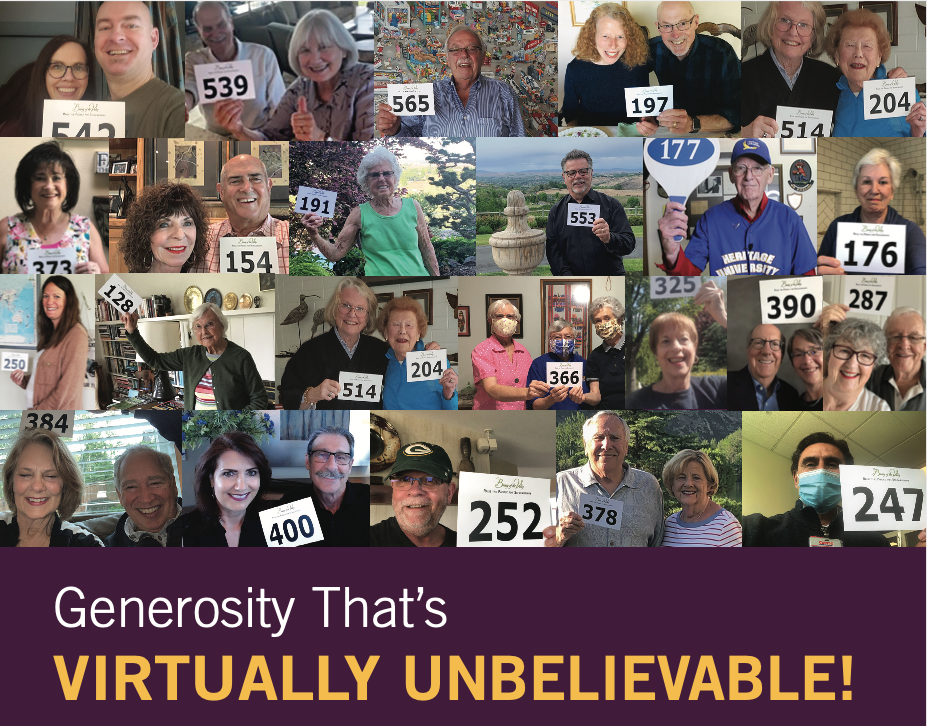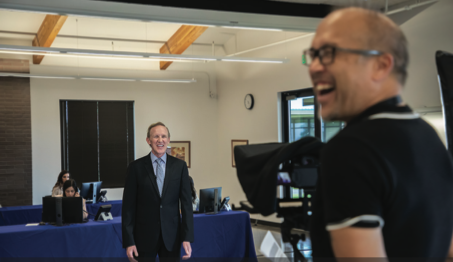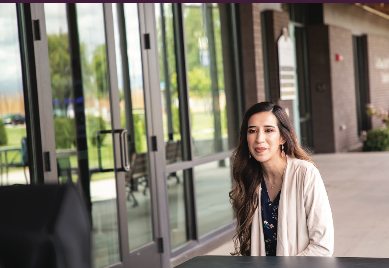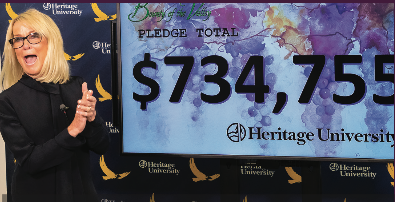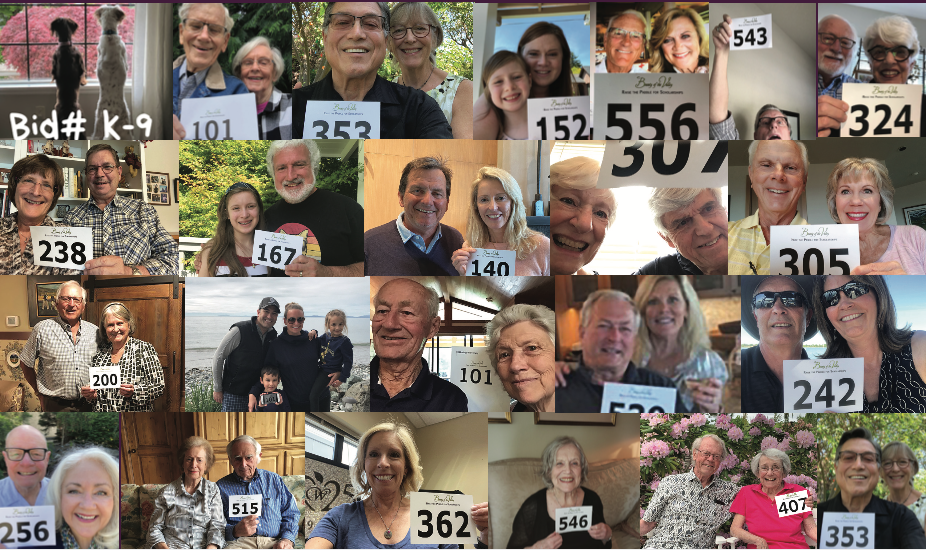Heritage University awarded $50,000 grant from the Yakima Valley Resilience and Response Fund to help Non-Title 4 students impacted by COVID-19
FOR IMMEDIATE RELEASE
Heritage University awarded $50,000 grant from the Yakima Valley Resilience and Response Fund to help Non-Title 4 students impacted by COVID-19
Toppenish, Wash. – Heritage University is grateful to announce it is a recipient of a $50,000 grant from the Yakima Valley Resilience and Response Fund that is the result of a funding partnership with United Way of Central Washington, the Latino Community Fund, and the Yakima Valley Community Foundation. The grant will provide emergency funding for non-Title 4 eligible students impacted by the COVID-19 pandemic. Non-Title 4 students, primarily DACA students, are not eligible to receive Federal CARES Act Funding for hardships resultant from the Covid-19 pandemic.
The grant from the Yakima Valley Resilience and Response Fund supports charitable organizations and agencies working to address COVID-19’s impact on the Yakima Valley, focusing on its most vulnerable populations. Andrew Sund, Ph.D., president of Heritage University, expressed his gratitude to YVCF and its partners for awarding the grant to Heritage. “While the Coronavirus Aid, Relief and Economic Security (CARES) Act has been instrumental in assisting many of our students, our non-Title 4 students are often the students most in need of emergency relief funding,” said Dr. Sund. “This grant will help ensure that all of our students facing COVID-19 related crises will be able to afford necessities such as food and housing until the economy begins to find its footing.”
Sharon Miracle, YVCF President and CEO said she is pleased to award the $50,000 grant to Heritage University. “We appreciate Heritage’s commitment to all of the amazing students that are such an important part of the Yakima Valley community,” said Miracle. “The educational opportunities Heritage provides is critical to our Valley, and we are honored to support them during this pandemic.”
For more information, contact Davidson Mance at (509) 969-6084 or mance_d@heritage.edu.
The Latino Community Fund cultivates new leaders, supports cultural and community based non-profit organizations, and improves the quality of life for all Washingtonians. Contact Info: info@latinocommunityfund.org, (509) 901-2798
United Way of Central Washington gathers together people, ideas and resources to strengthen communities and improve lives. United Way of Central Washington is a local non-profit 501 (c) 3 organization, serving Yakima and Kittitas counties. Contact Info: info@uwcw.org, (509) 248-1557
Yakima Valley Community Foundation has awarded grants in the Yakima Valley since 2004. The Yakima Valley Community Foundation’s mission is to connect people, resources and ideas so people and communities thrive. Contact Info: grants@yakimavalleycf.org, (509) 457-7616
# # #

